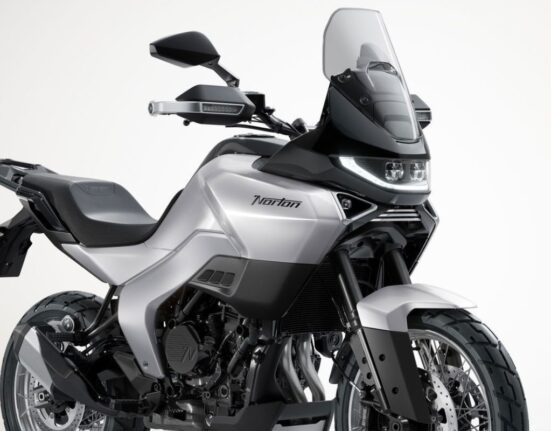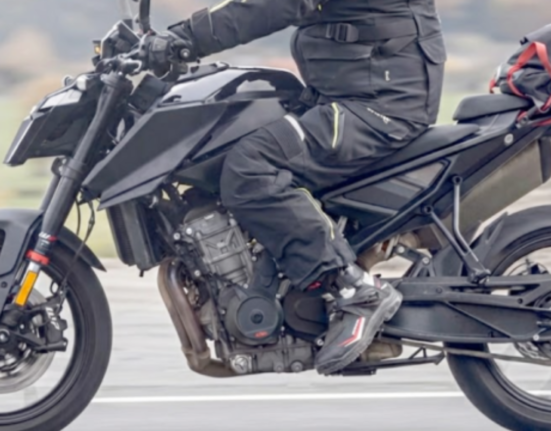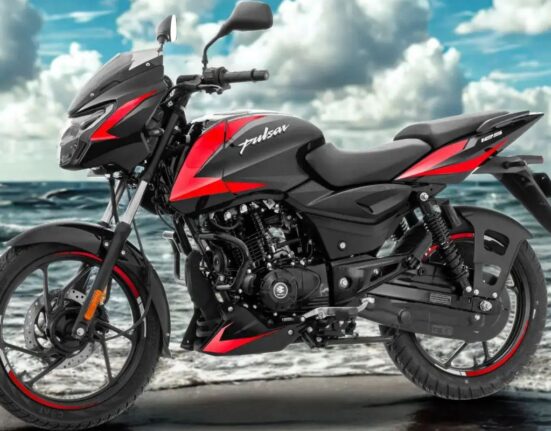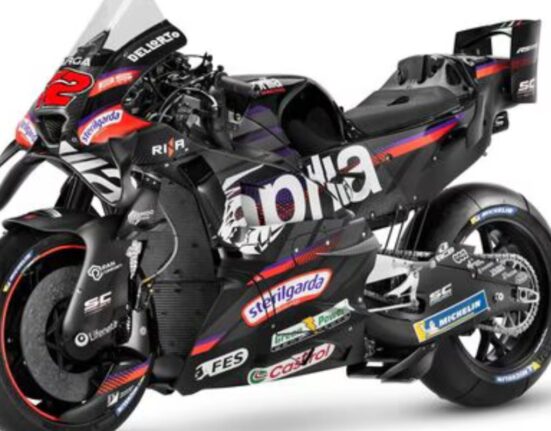In a major step towards reducing pollution, the Delhi government has proposed a complete ban on petrol two-wheelers by 2030. This decision comes as part of the state’s ambitious electric vehicle (EV) adoption policy, which aims to curb rising pollution levels in the capital. The move is expected to accelerate the transition towards electric two-wheelers while reducing carbon emissions.
Why Is Delhi Banning Petrol Two-Wheelers?
Delhi has been struggling with severe air pollution for years, with vehicular emissions being a major contributor. Petrol-powered motorcycles and scooters make up a significant portion of daily traffic, adding to air pollution. By phasing out petrol two-wheelers, the government aims to promote a cleaner and greener Delhi.
Key Highlights of the Petrol Two-Wheeler Ban:
- Gradual Phase-Out: The government plans to implement the ban in stages, ensuring a smooth transition for vehicle owners.
- EV Subsidies: Financial incentives and subsidies will be provided to encourage the adoption of electric two-wheelers.
- Charging Infrastructure Expansion: The administration is set to expand EV charging stations across the city.
- Registration Restrictions: From 2025, restrictions may be placed on the registration of new petrol two-wheelers.
- No Petrol Two-Wheelers by 2030: The proposed deadline for a complete ban on petrol two-wheelers in Delhi.
Also Read: 2025 Bajaj Chetak Electric Scooter Launched: Pricing Starts at ₹1.20 Lakh
Impact on Two-Wheeler Owners in Delhi
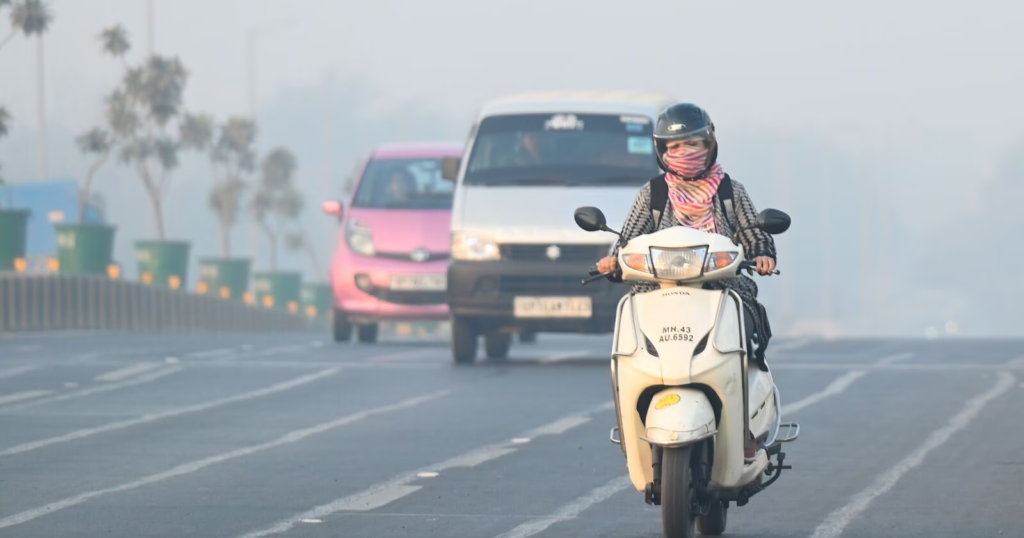
With over 70 lakh two-wheelers in Delhi, the transition could impact a large number of daily commuters. To ease the shift, the government is likely to introduce buyback programs for old petrol bikes and provide incentives for e-scooters and electric motorcycles.
Alternative Solutions for Riders
The government is urging commuters to switch to electric two-wheelers, which are now available with improved range, battery life, and charging networks. Additionally, new EV financing options will be introduced to make electric bikes more affordable.
Challenges and Concerns
While the decision aligns with environmental goals, there are concerns about EV infrastructure, battery disposal, and the affordability of electric two-wheelers. Industry experts have also raised questions about the supply chain readiness for such a large-scale transition.
Final Thoughts
The ban on petrol two-wheelers in Delhi marks a turning point in India’s fight against pollution. While challenges remain, the shift towards electric mobility will bring long-term benefits for the environment and public health. How will this affect daily commuters? Only time will tell, but one thing is certain—the future of mobility in Delhi is electric.
🔹 When will petrol two-wheelers be banned in Delhi?
The complete ban is expected by 2030, with restrictions starting as early as 2025.
🔹 Will there be incentives for switching to electric bikes?
Yes, the government plans to offer subsidies, tax benefits, and buyback programs for petrol two-wheeler owners.
🔹 What happens to existing petrol bikes?
Current owners may be allowed to use their petrol two-wheelers for a limited time before stricter regulations come into effect.
🔹 Are charging stations available across Delhi?
The EV charging infrastructure is expanding, with fast-charging stations being installed in key locations.
🔹 Will petrol motorcycles be allowed outside Delhi?
Yes, the ban applies only within Delhi. However, other states may introduce similar restrictions in the future.


